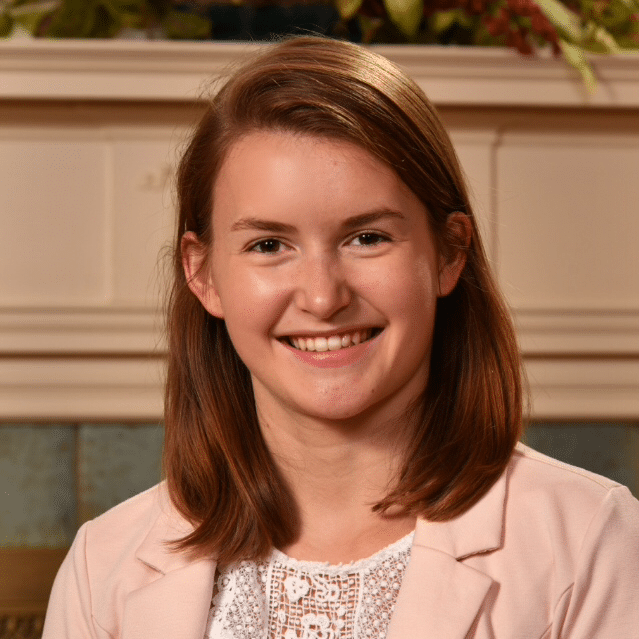Did you know that as we age, our sense of thirst decreases? This means that, even though we still need to consume fluids regularly, we may not feel thirsty. Dehydration can exacerbate the negative effects of chronic conditions and even lead to hospitalization. So, don’t wait until you feel thirsty to consume fluids! Sometimes thirst can also mask as hunger, so the next time you feel hungry, try drinking a glass of water instead of reaching for a snack.
Hydrating drinks and foods for older adults’ health
If plain water isn’t appealing to you, try one of these alternatives:
- Smoothies: Smoothies are a great source of fluids. As a bonus, they also can contain key nutrients important for cognitive health.
- Flavored water: Try adding cucumbers, berries, cherries, or mint to make water more appealing.
- Mix water with 100% juice: Mixing equal parts water and juice will still have the taste of juice, but with less sugar. Grape juice is a good option to try, as it has been linked to improved cognitive health. Try sparkling water and lemonade as another variation.
- Reduced-fat milk: Reduced-fat milk is another option if you don’t care for regular water, plus milk has added nutritional benefits.
- Add more milk to cereal/oatmeal: Adding more liquid to foods such as cereal and oatmeal is an easy way to increase the amount of fluids you consume.
- Non-liquid sources: Drinking liquids is not the only way to prevent dehydration. Eating more fruits, vegetables, and soups is another way to increase fluid consumption. Citrus fruits, berries, lettuce, celery, and tomatoes are especially good options.
Avoid caffeine and alcohol
Did you know drinking too much caffeine or alcohol can also make you dehydrate faster? Reducing your consumption of these can help prevent dehydration. For example, at night, enjoy fresh fruits instead of caffeine or alcohol. If you regularly drink caffeinated soda, coffee, or tea, try switching to a decaffeinated version.
Adapted from Rosalynn Carter Institute for Caregiving’s “Dealing with Dementia: A Caregiver’s Guide,” Baylor College of Medicine blog post, “Hydration with a Twist,” and National Institute on Aging article, “Getting Enough Fluids”

Katherine Starr
Katherine Starr, an AmeriCorps VISTA at CICOA, brings her passion and skill to the Meals & More Nutrition and Wellness project this year. Throughout college, Katherine volunteered 60 hours a semester at a dementia care facility, and she is now excited to help people with dementia and their caregivers live well within their own communities. Katherine received a bachelor’s degree in economics from Washington & Jefferson College in Pennsylvania and completed a dementia care certification through Presbyterian Senior Care Network and California University of Pennsylvania.
The post Drink up: Preventing Dehydration in Older Adults first appeared on CICOA Aging & In-Home Solutions.
